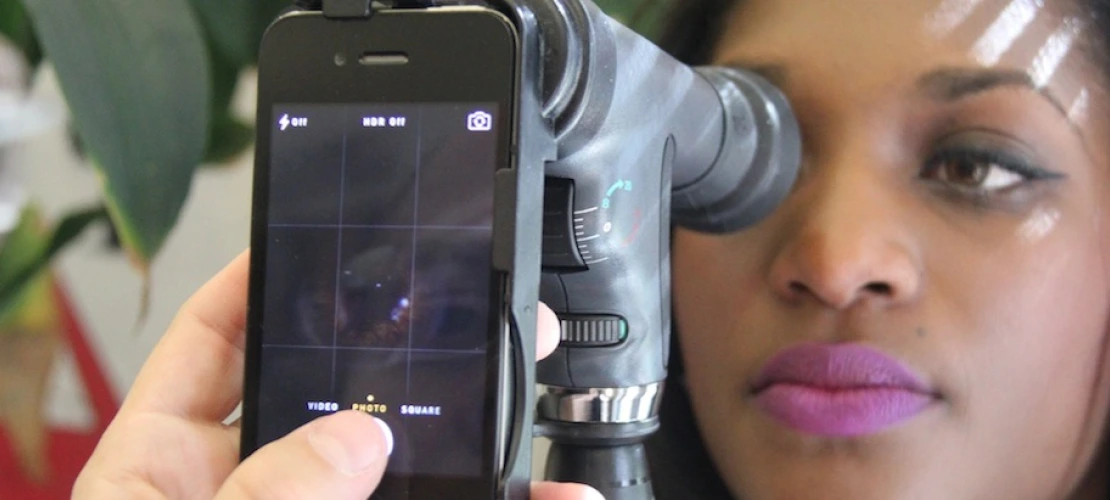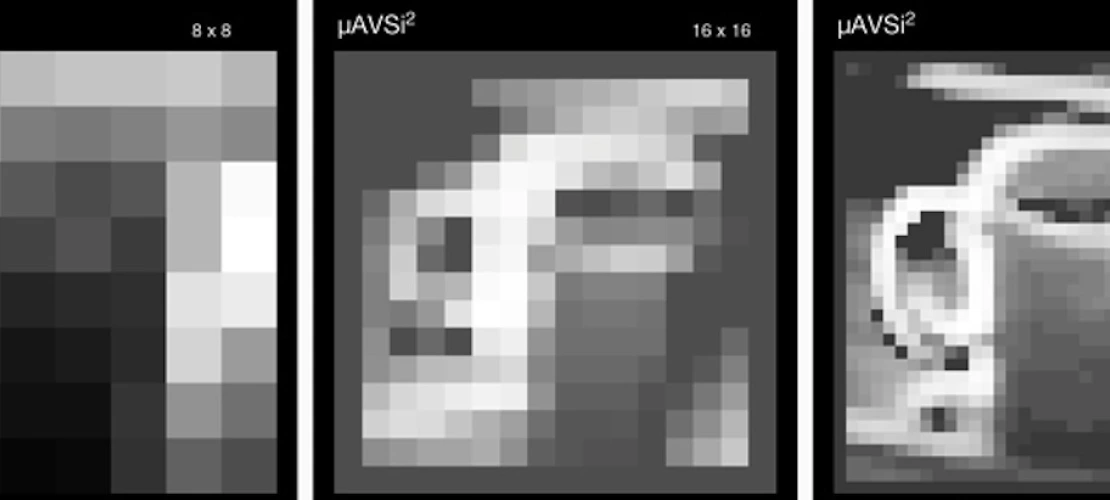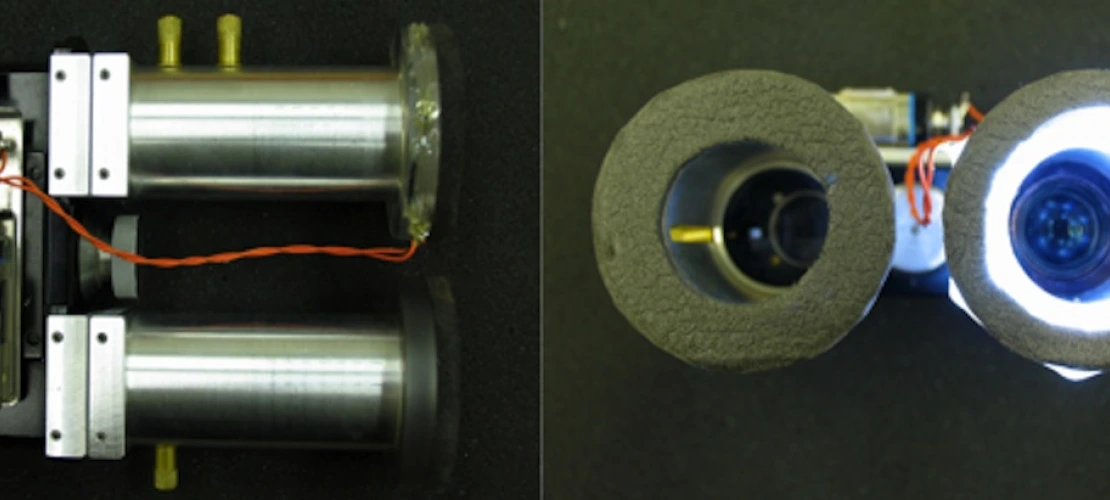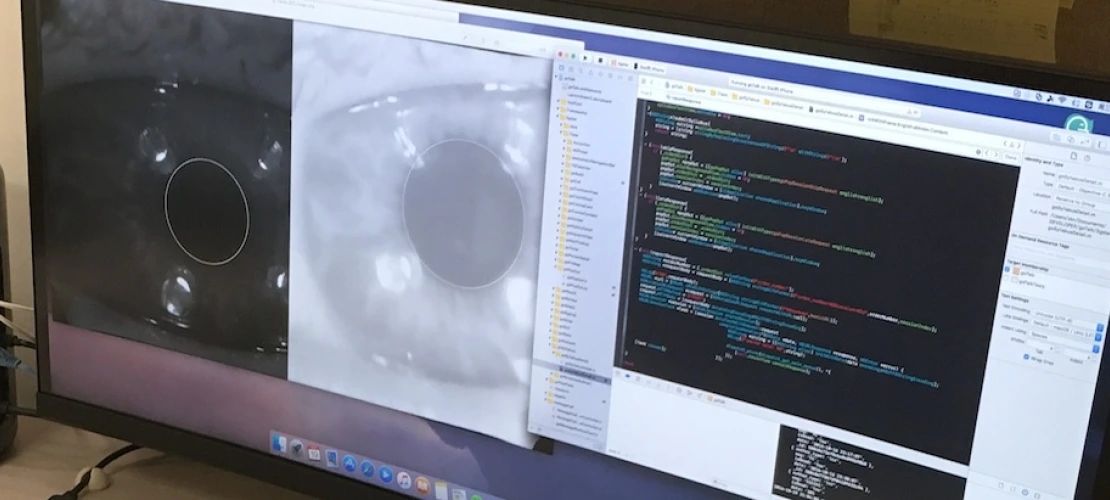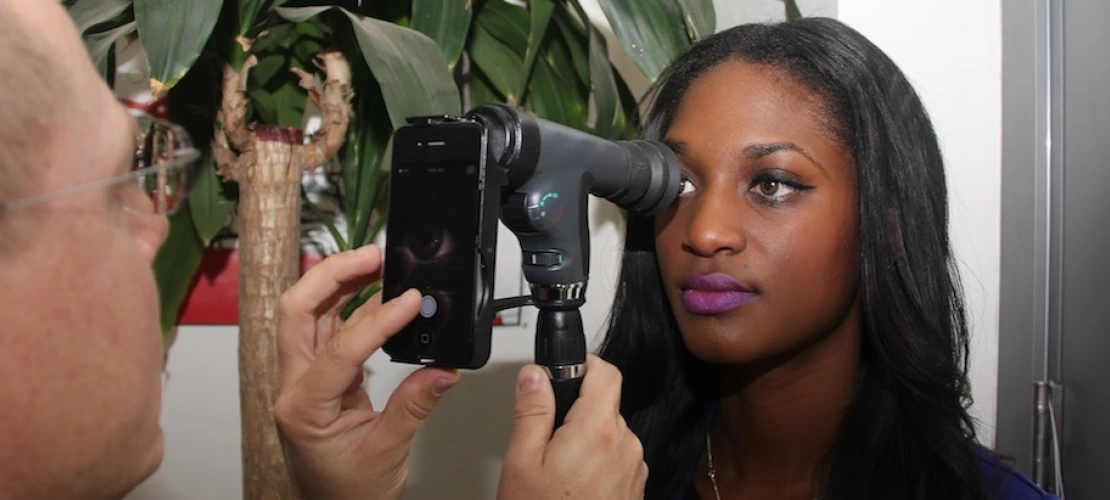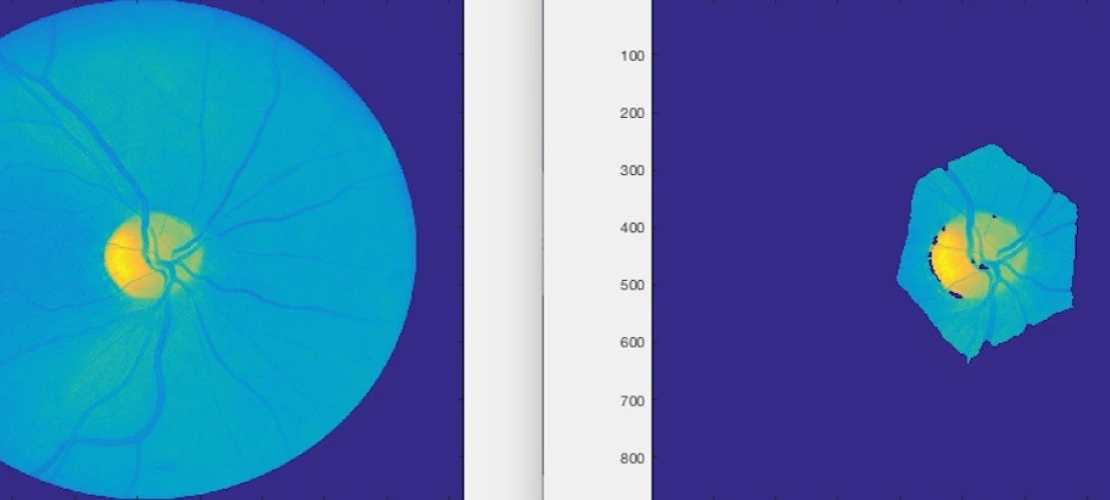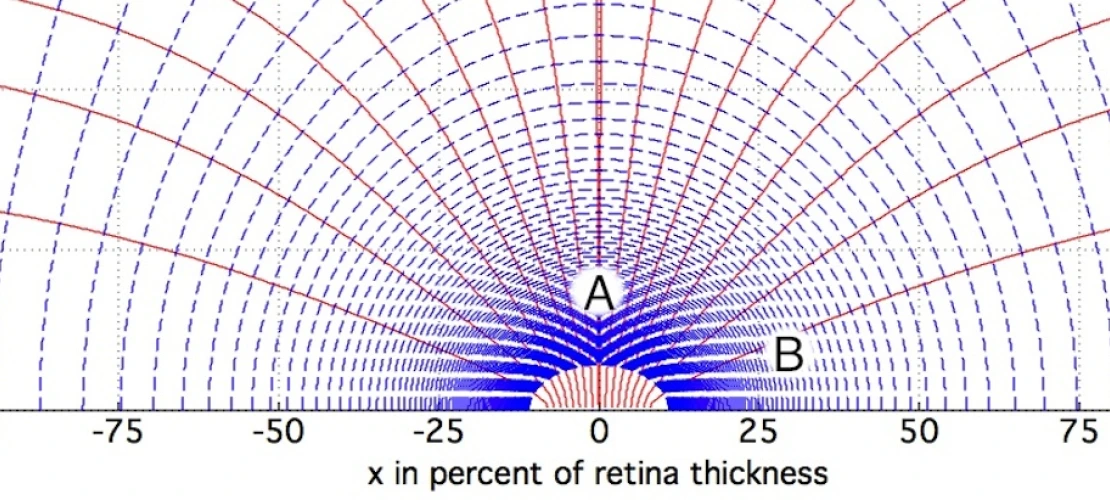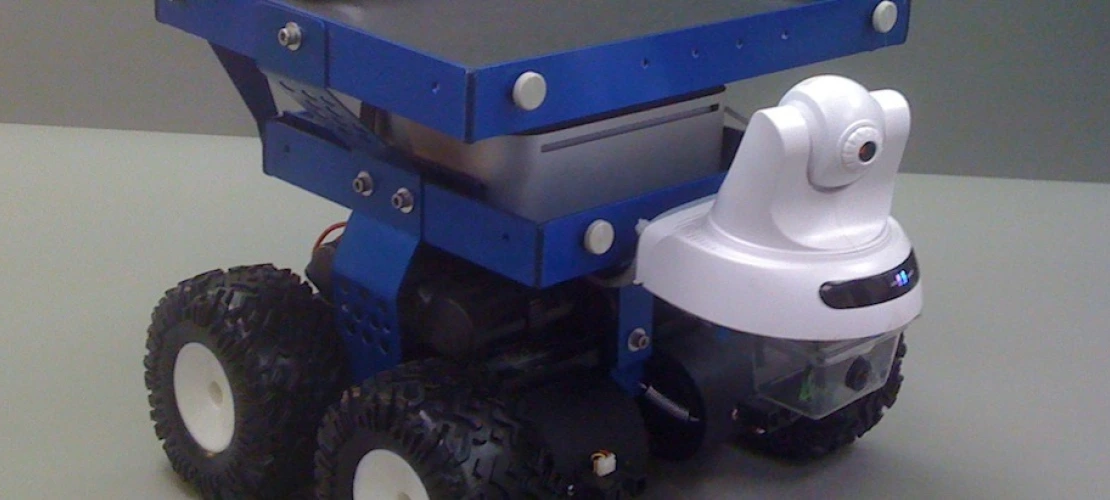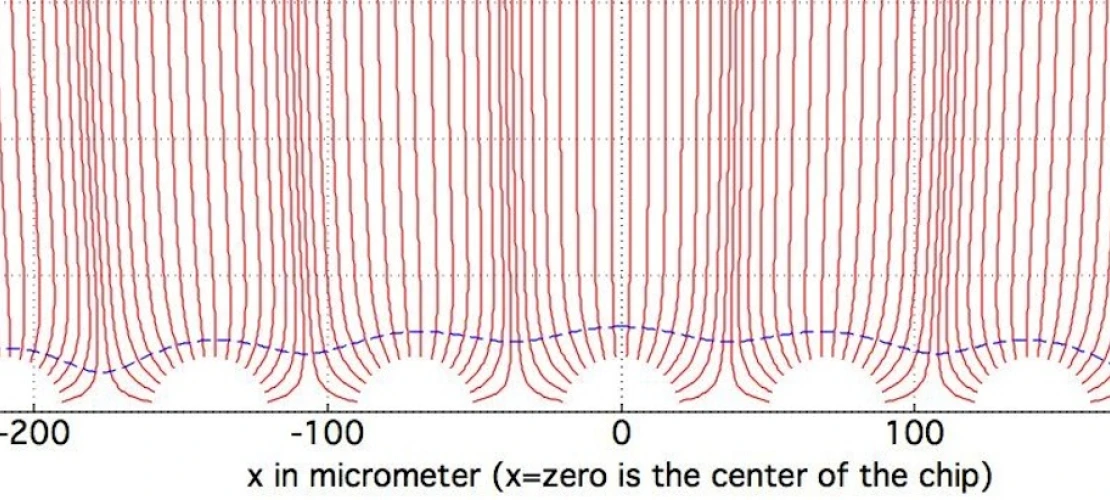Founder & Director of the InTelMed Center

Prof. Dr. Wolfgang Fink is an Associate Professor and the inaugural Edward & Maria Keonjian Endowed Chair of Microelectronics with joint appointments in the Departments of Electrical & Computer Engineering, Biomedical Engineering, Systems & Industrial Engineering, Aerospace & Mechanical Engineering, and Ophthalmology & Vision Science at the University of Arizona. He was a Visiting Associate in Physics at Caltech (2001-2016), and held concurrent appointments as Visiting Research Associate Professor of Ophthalmology and Neurological Surgery at the University of Southern California (2005-2014). Dr. Fink is the founder and director of the Visual and Autonomous Exploration Systems Research Laboratory at Caltech and at the University of Arizona. He was a Senior Researcher at NASA’s Jet Propulsion Laboratory (2001-2009). He obtained a B.S. and M.S. degree in Physics and Physical Chemistry from the University of Göttingen, Germany, and a Ph.D. "summa cum laude" in Theoretical Physics from the University of Tübingen, Germany in 1997. Dr. Fink is a NAI Lifetime Fellow, ARVO Fellow, SPIE Lifetime Fellow, PHMS Fellow, AIMBE Fellow, UArizona da Vinci Fellow, UArizona ACABI Fellow, Senior Member IEEE, and the current Vice President of the Prognostics and Health Management (PHM) Society.
Pursuing a trans-disciplinary systems engineering approach in “smart” cyber-physical service systems in general, he has focused his research and technology development efforts on biomedical engineering for healthcare (especially ophthalmology and vision care), human-computer interfaces (artificial vision implants), smart platforms for mobile- and tele-health, autonomous systems (robotics for space/hazardous environments), and computer-optimized design. Dr. Fink pursues an opportunistic approach from conceptualization, subsequent development, to eventual generation of publications, intellectual property (IP), and commercialization.
Dr. Fink is the co-winner of the $200,000 DOE/NREL-sponsored E-ROBOT Prize. Among numerous awards Dr. Fink was named recipient of the 2002 NASA Space Flight Awareness (SFA) Launch Honoree Award for his work in support of NASA's human spaceflight program; co-recipient of the R&D Magazine’s R&D 100 Award and the R&D Magazine’s R&D 100 Editors’ Choice Award (the highest of the R&D 100 Awards) in 2009, both for the DOE-funded Artificial Retina Project; and recipient of the 2009 NASA Board Award for his pioneering work on a novel autonomous space exploration paradigm. In 2020 he was awarded the inaugural Scott Clements Most Valuable Person (MVP) Award of the PHM Society. Most recently, he was honored with the 2023 SPIE Aden and Marjorie Meinel Technology Achievement Award, as well as with the inaugural “University Faculty Service Award” bestowed by the University of Arizona Senior Vice President for Academic Affairs and Provost. Dr. Fink has over 270 publications (including journal, book, and conference contributions), 6 NASA Patent Awards and 5 Techbrief Awards, as well as 32 US and foreign patents awarded to date (numerous additional patents pending) in areas such as: biomedical/ophthalmic devices and tests; neural stimulation; nano-ultra-capacitors for implantable devices; MEMS fabrication; signal processing; data fusion, analysis, and anomaly detection; autonomous (robotic) systems; soft robotics; multicopter flight duration enhancement; traverse optimization; vehicular safety; network-on-chip design; and multi-objective optimization.
Partnering Member of the InTelMed Center

Mr. Andrew Hess is the President and Fellow of the Prognostics and Health Management Society (PHM Society). He is a 1969 graduate of the University of Virginia (BS Aerospace Engineering) and the U. S. Navy Test Pilot School. Andy attended George Washington University working towards a Masters in Technology Management and has completed many Navy and DOD sponsored professional and acquisition management courses. Andy is world renowned for his work in fixed and rotary wing health monitoring and is recognized as the father of Naval Aviation propulsion diagnostics. Working for the Naval Air System Command and beginning with the A-7E Engine Monitoring System program of the early 70’s, Andy has been the leading advocate for health monitoring in the Naval Aviation. He has been actively involved in every NAVAIR aircraft program since the F-8, leading to the evolution and development of not just engine monitoring; but also aircraft structural life usage, comprehensive health monitoring and management capabilities for most all other aircraft subsystems and advance maintenance concepts like Condition Based Maintenance (CBM+). For the last 10 years of his government career, Andy worked leading and managing the vision, the development, and integration of the Prognostic and Health Management (PHM) system the AL support concept for the Joint Strike Fighter program. Andy’s consulting interests are now leading him and his clients to exploring the application of PHM capabilities and CBM+ related support concepts to many new industry sectors such as: industrial gas and steam turbines, ships and fast patrol boats, unmanned vehicles, wind energy, nuclear energy, ground vehicles, mining, and gas and oil. Serving on the Board of Directors, Andy helped establish and grow the very successful Prognostics and Health Management Society (PHM Society) professional organization and has been the president of the society since several years. Recently, Andy was named an Asset Management Fellow with the International Society of Engineering Asset Management and is a member of the new SAE HM-1 committee on Integrated Vehicle Health Management Systems. In 2017 he was honored with a Lifetime Achievement Award by the PHM Society, followed by his induction as Fellow of the PHM Society in 2019.



